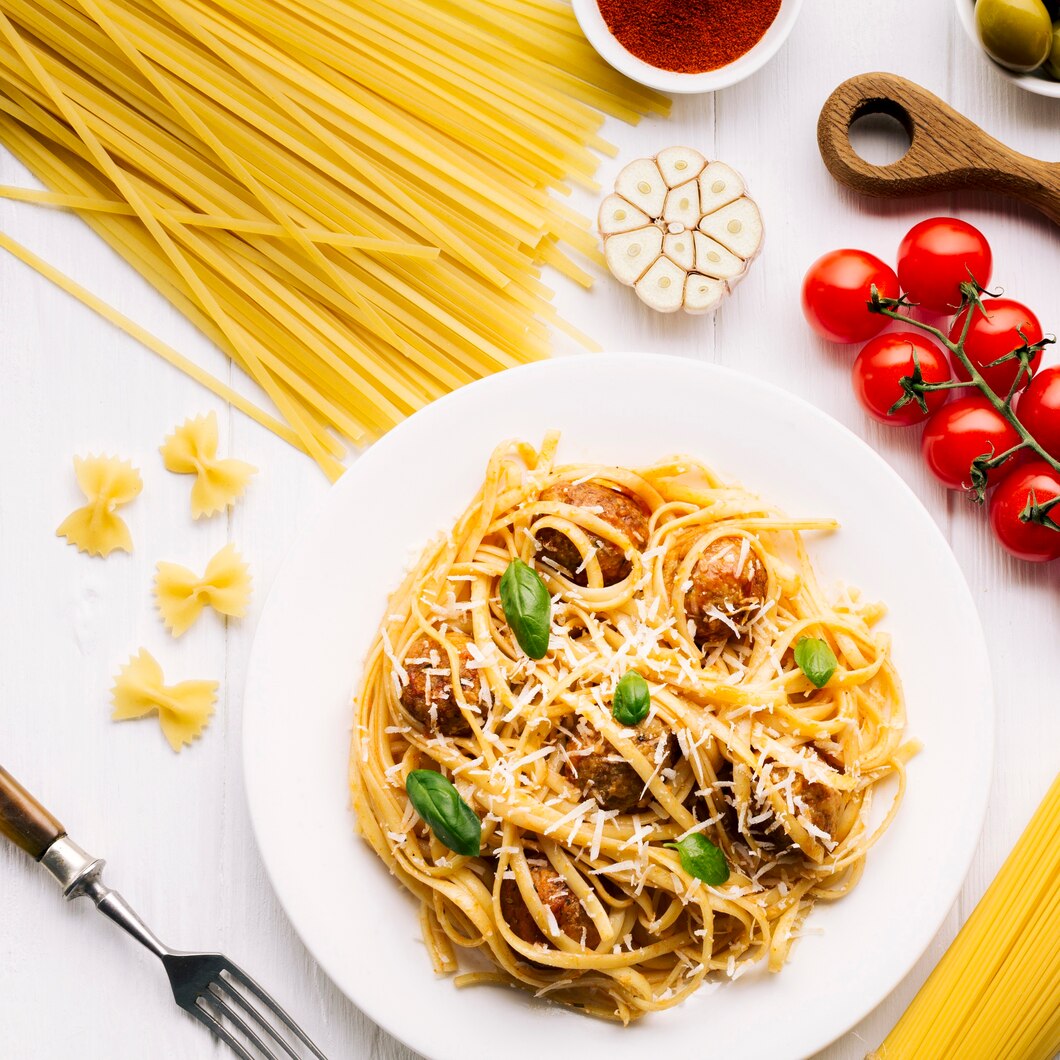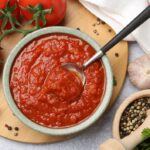Controlling insulin levels is crucial for managing blood sugar, especially for individuals with insulin resistance or diabetes. In South Africa, dietary habits can influence insulin sensitivity and overall health. Here are 20 foods South Africans might consider avoiding or limiting to better manage insulin levels:
- Refined Sugars and Sweets: Foods high in refined sugars, like candies, cakes, and pastries, can cause rapid spikes in blood sugar and insulin levels.
- White Bread and Pasta: These refined carbohydrates can lead to quick increases in blood glucose and insulin due to their high glycemic index.
- Sugary Beverages: Sodas, sweetened teas, and energy drinks are high in sugar and can quickly raise blood sugar levels.
- Fruit Juices: Despite being natural, fruit juices often lack fiber and have concentrated sugars that can affect insulin sensitivity.
- Fried Foods: Foods like vetkoek and slap chips are high in unhealthy fats, which can contribute to insulin resistance.
- Processed Meats: Items such as sausages and deli meats are often high in saturated fats and preservatives, which may impact insulin levels.
- High-Fat Dairy Products: Full-fat milk, cheese, and cream can be high in saturated fats, potentially affecting insulin sensitivity.
- Alcohol: Excessive alcohol intake can lead to insulin resistance and increased blood sugar levels.
- Margarine and Shortening: These often contain trans fats, which can contribute to insulin resistance.
- White Rice: Similar to white bread, it is a refined carbohydrate that can cause blood sugar spikes.
- Sweetened Cereals: Breakfast cereals with added sugars can lead to quick rises in blood glucose and insulin.
- Bakery Products: Items like muffins, croissants, and doughnuts are high in refined flour and sugars.
- Chips and Crisps: These snacks are often high in refined carbs and unhealthy fats.
- Canned Fruits in Syrup: These have added sugars that can elevate blood sugar levels.
- Sugary Condiments: Sauces and dressings like ketchup and sweet chili sauce contain hidden sugars.
- Ice Cream and Desserts: High in sugar and fat, these can spike insulin levels.
- Fast Foods: Burgers, fried chicken, and other fast-food items are typically high in unhealthy fats and refined carbs.
- Instant Noodles: These are high in refined carbs and often contain unhealthy fats.
- Granola Bars: Despite being marketed as healthy, many are high in sugar and low in fiber.
- Artificially Sweetened Foods: While low in sugar, some studies suggest that artificial sweeteners can still affect insulin sensitivity.
Tips for Managing Insulin Levels:
- Choose Whole Grains: Opt for whole-grain bread, brown rice, and oats instead of refined grains.
- Increase Fiber Intake: Foods high in fiber, such as fruits, vegetables, and legumes, can help slow sugar absorption.
- Focus on Healthy Fats: Incorporate sources of healthy fats, like avocados, nuts, and olive oil, to improve insulin sensitivity.
- Stay Hydrated: Drinking water helps maintain blood sugar levels and supports overall health.
- Exercise Regularly: Physical activity can improve insulin sensitivity and help manage weight.
By being mindful of these food choices and adopting healthier eating habits, South Africans can better manage insulin levels and promote overall well-being.








